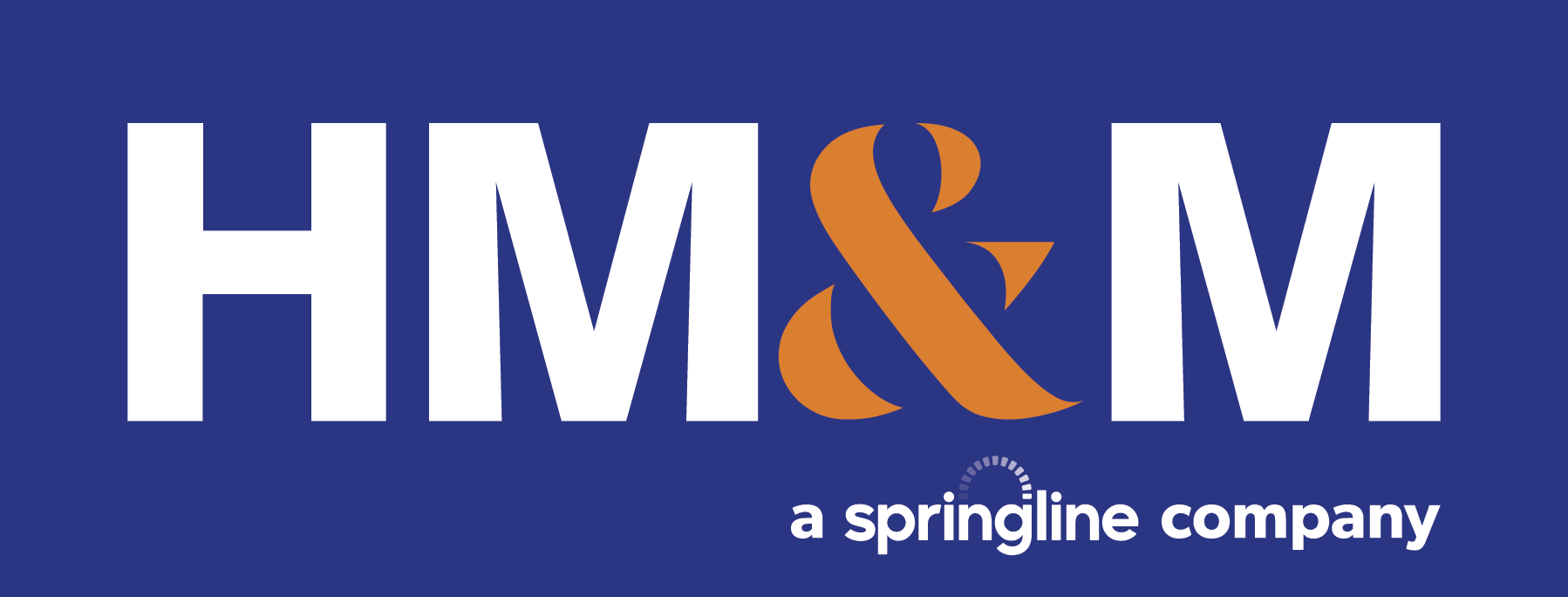Late on Wednesday, March 25, 2020, the Senate passed by a 96-0 vote its version of the “Third Phase” of COVID-19 relief entitled “Coronavirus Aid, Relief, and Economic Security Act” (“CARES Act”). The approximately $2 trillion spending bill is intended to combat the devastating effects of COVID-19. House of Representative leaders have indicated that the House will take up the bill on Friday, March 27, 2020. While nothing is certain, it is expected that the House will pass the bill quickly.
The bill is almost 900 pages long. In this paper, we review nine tax provisions in the CARES Act that may be important to our clients and that may invite or require immediate attention upon enactment. In the near future, we will discuss additional provisions of the CARES Act.
The references to “Section” in the discussion below are to the section of the Senate version of the CARES Act where the provision can be found.
1. Special rules for use of retirement funds, including IRAs.
This provision waives the 10-percent early withdrawal penalty for distributions up to $100,000 from qualified retirement accounts for coronavirus-related purposes made in 2020. In addition, income attributable to such distributions would be subject to tax over three years, and the taxpayer may recontribute the funds to an eligible retirement plan within three years without regard to that year’s cap on contributions. Further, the provision provides flexibility for loans from certain retirement plans for coronavirus-related relief. (Section 2202)
2. Temporary waiver of required minimum distribution rules for certain retirement plans and accounts.
The provision waives the required minimum distribution rules for certain defined contribution plans and IRAs for calendar year 2020. This provision provides relief to individuals who would otherwise be required to withdraw funds from such retirement accounts during the economic slowdown due to COVID-19. (Section 2203)
3. Allowance of partial above-the-line deduction for charitable contributions.
The provision encourages Americans to contribute to churches and charitable organizations in 2020 by permitting them to deduct up to $300 of cash contributions, whether they itemize their deductions or not. (Section 2204)
4. Modification of limitations on charitable contributions during 2020.
The provision increases the limitations on deductions for charitable contributions by individuals who itemize, as well as corporations. For individuals, the 50-percent of adjusted gross income limitation is suspended for 2020. Thus, the deduction can be equal to 100% of adjusted gross income. The suspension of the limitation does not apply to contributions to donor advised funds. For corporations, the 10-percent limitation is increased to 25 percent of taxable income. This provision also increases the limitation on deductions for contributions of food inventory from 15 percent to 25 percent. (Section 2205)
5. Delay of payment of employer payroll taxes.
The provision allows most employers and self-employed individuals to defer payment of the employer share of the Social Security tax they otherwise are responsible for paying to the federal government with respect to their employees. The payroll tax deferral period runs from the date of enactment of the CARES Act through December 31, 2020. Employers generally are responsible for paying a 6.2-percent Social Security tax on employee wages. The provision requires that the deferred employment tax be paid over the following two years, with half of the amount required to be paid by December 31, 2021 and the other half by December 31,2022. (Section 2302)
6. Modifications for net operating losses.
The provision relaxes the limitations on a tax payer’s use of losses. Net operating losses (“NOL”) are currently subject to a taxable-income limitation (generally 80% of taxable income), and they cannot be carried back to reduce income in a prior tax year. The provision provides that an NOL arising in a tax year beginning in 2018, 2019, or 2020 can be carried back five years. The provision also temporarily removes the taxable income limitation to allow an NOL to fully offset income. These changes will allow tax payers to utilize losses and amend prior year returns, which will provide critical cash flow and liquidity during the COVID-19 emergency. (Section 2303)
7. Modification of limitation on losses for taxpayers other than corporations.
The provision modifies the loss limitation applicable to pass-through businesses and sole proprietors, so they can utilize excess business losses and access critical cash flow to maintain operations and payroll for their employees. The limitation that this provision modifies is found at IRC Section 461(l) and is referred to as the “excess business loss” limitation. It is retroactive to years beginning after December 31, 2017. (Section 2304)
8. Modification of limitation on business interest.
The provision temporarily increases the amount of interest expense businesses are allowed to deduct on their tax returns under IRC Section 163(j), by increasing the 30-percent limitation to 50-percent of taxable income (with adjustments) for 2019 and 2020. (Section 2306)
9. Technical amendment regarding qualified improvement property.
The provision enables businesses to write off immediately costs associated with improving facilities, instead of having to depreciate those improvements over the 39-year life of the building. The provision, which corrects an error in the
Tax Cuts and Jobs Act of 2017, allows taxpayers to amend a prior year return. This provision is applicable as if it were included in the Tax Cuts and Jobs Act of 2017. (Section 2307)
We expect that these provisions will be enacted into law without change. If there are changes, we will publish an alert to identify such changes.










